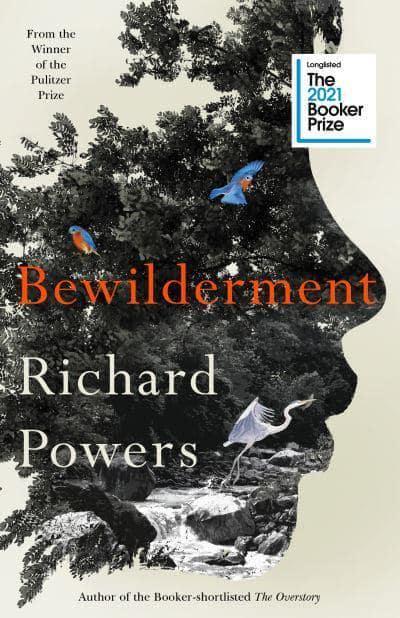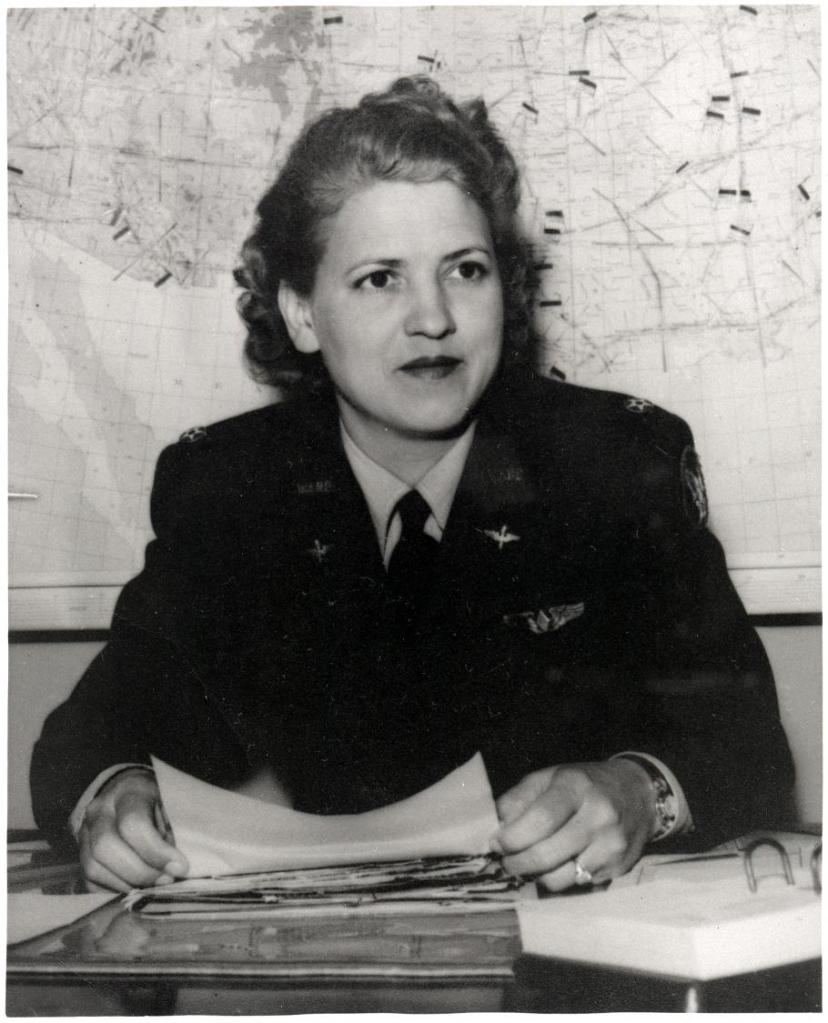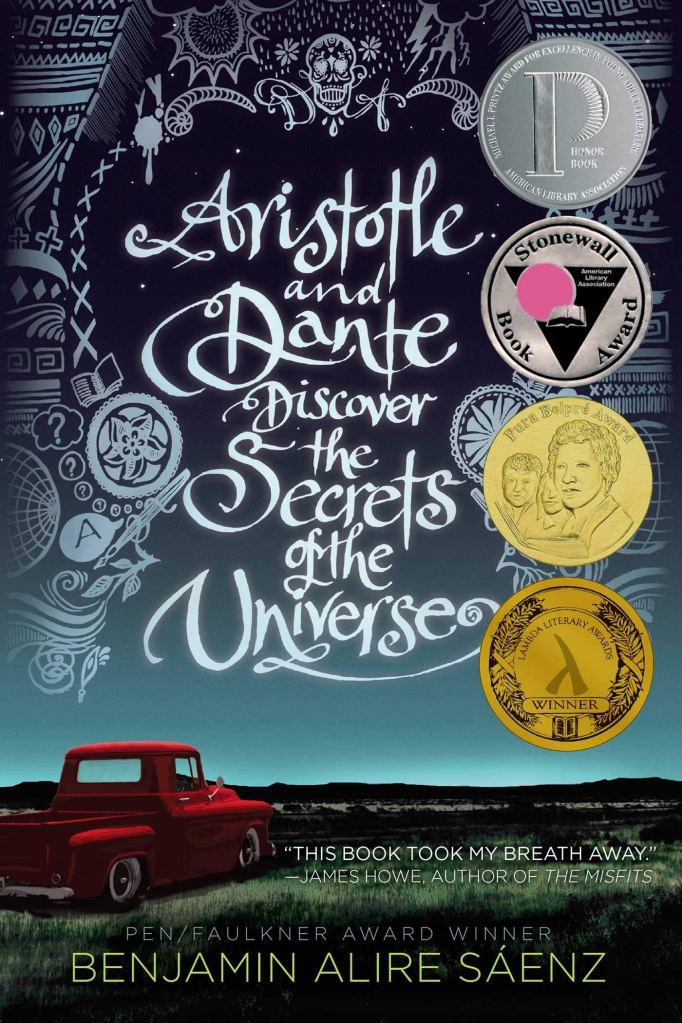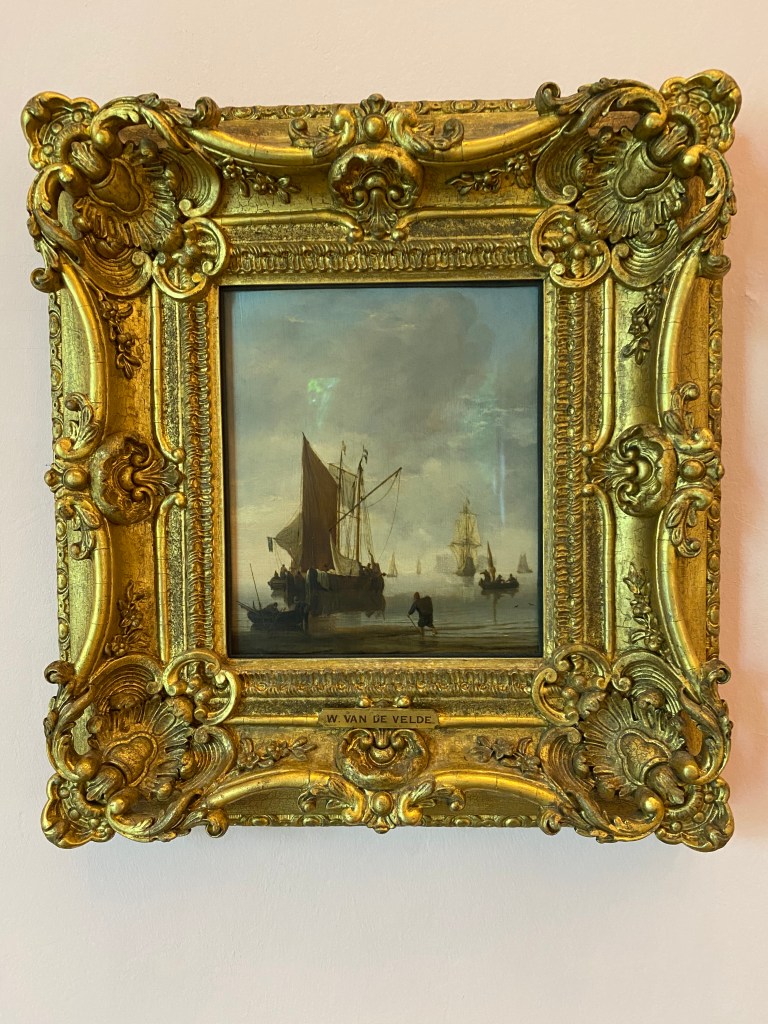This is my third Booker review of this year. The winner will be announced this coming Wednesday. At this point I have completed four novels, almost finished the fifth and have yet to start my final one, although, at this point, I am pretty hopeful that I will succeed in my goal of completing and reviewing all six before the winner is announced. That will be a first and I am particularly pleased with that since my house in in chaos, due to a long-awaited kitchen refurbishment, my day job has been super-busy and there has been a lot of family stuff going on these last few weeks.
I was really looking forward to reading Bewilderment; Powers’s 2018 novel The Overstory, which was also shortlisted for the Booker that year, remains one of the most powerful books I have ever read and is particularly apt for our times as the Cop26 negotiations get underway in Glasgow today. The Overstory did not win in 2018, Anna Burns’s Milkman did. That was also a brilliant book, although for me Powers had the slight edge. I don’t envy the Booker judges!

The reviews of Bewilderment have not been quite as strong. It is indeed a very different book, but it bears the author’s characteristic attention to detail, and a quite breathtaking amount of research.
Theo Byrne is an astro-physicist whose life’s work is to try and uncover the secrets of the universe. His research has furthered knowledge on the stars and planets with whom we share this universe and he is pursuing the biggest question of all – is there other life out there? And yet, he struggles to understand his nine year-old son Robin. Theo’s partner Alyssa, Robin’s mother and an activist advocating for the rights of animals, is killed in a car accident and their lives are thrown into turmoil. Robin, neuro-divergent, it is intimated, struggles at school, both with the constraints of the routine and getting on with other kids. After he fractures another child’s nose when the boy repeats a disparaging remark about his dead mother, Robin is threatened with exclusion from school. Theo comes under significant pressure to medicate his son, which he refuses to do. Instead he takes the decision to home-school him, but this presents numerous other challenges, not least with managing his own work.
Before they had Robin, Theo and Alyssa were involved in some highly experimental research by an esteemed neuro-scientist and former lover of Alyssa’s, Marty Currier. He is trying to map the brain patterns associated with certain emotional responses in the hope that in the future, others might be able to learn to manage their behaviour through a treatment which would involve their brain ‘learning’ from the better response patterns of others. Theo and Alyssa agree to be early guinea pigs. When Theo approaches Marty for help with his son, Marty suggests putting Robin through the treatment where his brain will learn how to mimic his mother’s responses to events. Although she is dead, Alyssa is a powerful presence throughout the book. Theo places her on a pedestal and is constantly reaching for her as he grapples with what to do about Robin, believing she was the only one who could truly understand him and was therefore able to support him.
They share a lot, astronomy and childhood. Both are voyages across huge distances. Both search for facts beyond their grasp. Both theorize wildly and let possibilities multiply without limits. Both are humbled every few weeks. Both operate out of ignorance. Both are mystified by time. Both are forever starting out.
“Bewilderment”, by Richard Powers
Theo finds his own ways of parenting his son and the relationship the two of them develop in the absence of Alyssa, the new way of being that they must find for themselves, is delicately and beautifully handled by Powers. Theo is able to share his fascination with the universe with his son, but also learns from his attention to detail, his fascination with the minutiae of nature, that Robin has inherited from his mother. The degree of knowledge and understanding of these disciplines (astrophysics and natural history) that Powers brings to the story is astonishing, as it was in The Overstory.

Powers won the Pulitzer Prize for The Overstory. Can Bewilderment bag him the Booker?
This is a powerful story with two highly contrasting themes – the devastating human impact on the natural world, and the struggle to parent in the face of tragedy and adversity, especially in a world that seems so hostile to anything outside the norm. It has a huge canvas (the universe), but also intimate detail (a father-son relationship).
I did not find the book as gripping The Overstory, but frankly, it would be unjust to compare anything to that book, in my view. Some parts of it I struggled with, the long passages on the universe, for example, I found the least engaging. But the characters are well-drawn and I felt close to both Theo and Robin, pulled into their small world.
Highly recommended, but a tough read at times.
The river of forms is long. And among the billions of solutions it has so far unfolded, humans and cows are close cousins. It wasn’t surprising that something on the fringe of life – a strand of RNA that codes for only twelve proteins – was happy, after one small tweak, to give another host a try.
A devastating disease amongst livestock threatens to jump the species barrier in “Bewilderment”.



















